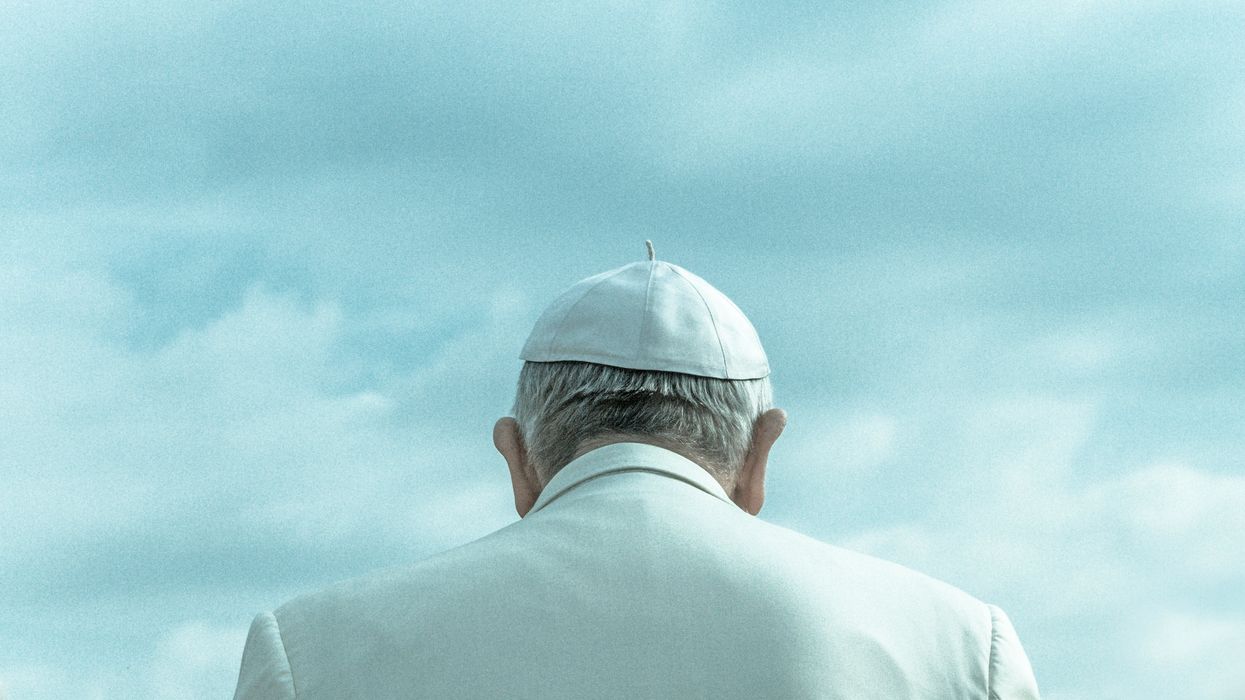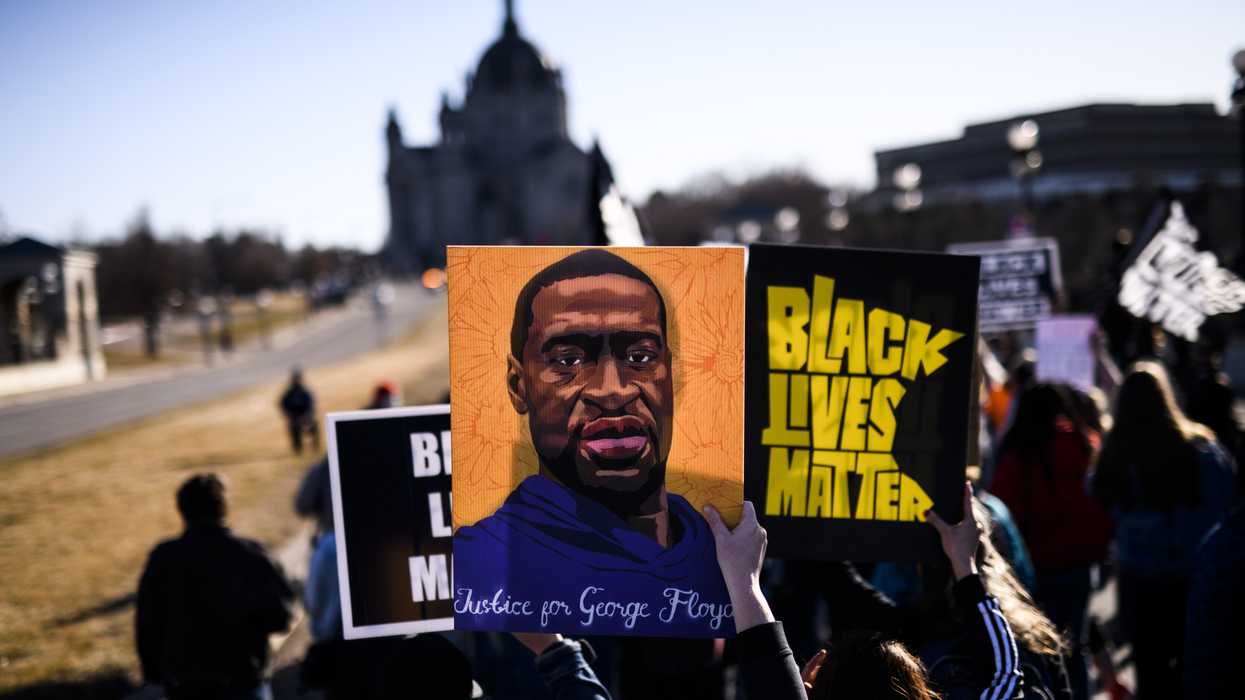Pope Francis is being remembered for his reformist stance that both challenged conservative elements within the Catholic Church and resonated with progressive movements. The 88-year-old Argentina-born pontiff passed away on Monday following a series of health complications.
The leader of the Roman Catholic Church often shared his perspectives on various societal issues, including the relationship between faith and democracy. His tenure as pope was marked by a commitment to social justice, human rights, and the dignity of all individuals, which naturally intersects with democratic ideals.
In a social media message last December, marking Human Rights Day, Pope Francis again pleaded for governments "to listen to the cry for peace of the millions of people deprived of their most basic rights due to war," which, he said, "is the mother of all poverty."
While visiting the headquarters of the Dicastery for Promoting Integral Human Development (DPIHD) on September 20, 2024, Pope Francis called for a fight against social injustices, reiterating his proposal for a Universal Basic Income and higher taxes for billionaires.
He warned that if there are no just policies ensuring access to land, housing, and fair wages, “the logic of material and human waste will spread, paving the way for violence and desolation.”
“Unfortunately,” he added, “it is often the wealthiest who oppose the realization of social justice or integral ecology, out of pure greed.”
During an annual Roman Catholic Church convention on social affairs last year, Pope Francis expressed concerns about the state of democracy, highlighting that many individuals feel excluded, particularly the poor and vulnerable, who are left to navigate challenges on their own. He remarked, "It is evident that democracy is not in good health in today’s world," criticizing the growing polarization and partisanship observed in society.
Pope Francis likened ideologies to the Pied Piper of Hamelin, stating that while they can be appealing, they ultimately lead individuals to deny their true selves. He pointed out that this "crisis of democracy" is a shared issue affecting various countries worldwide.
Francis clashed repeatedly with President Donald Trump in recent years.
During the 2016 election, Pope Francis expressed strong criticism of Donald Trump's campaign proposal to construct a wall along the U.S.-Mexico border. "A person who thinks only about building walls, wherever they may be, and not building bridges, is not Christian," Francis said.
Trump, who aggressively courted evangelical Christian leaders and voters during his campaign, fired back immediately, saying, "For a religious leader to question a person's faith is disgraceful," reported NPR.
In February, amidst the second Trump administration's efforts to tighten immigration policies, Pope Francis issued a rare public criticism of the president's approach. In a letter addressed to U.S. Catholic bishops, he referred to the mass deportation program as a "major crisis."
Francis wrote, "The act of deporting people who in many cases have left their own land for reasons of extreme poverty, insecurity, exploitation, persecution or serious deterioration of the environment, damages the dignity of many men and women, and of entire families, and places them in a state of particular vulnerability and defenselessness."
President Trump announced he will attend Pope Francis' funeral, marking what would be his first international trip during his second term in office.
Editor's Note: Hugo Balta is the executive editor of the Fulcrum and a board member of the Bridge Alliance Education Fund, the parent organization of The Fulcrum. He is the publisher of the Latino News Network and a trainer with the Solutions Journalism Network.




















